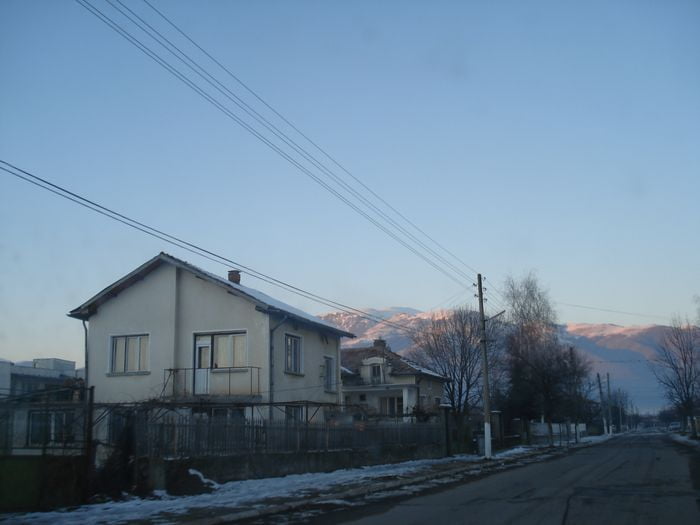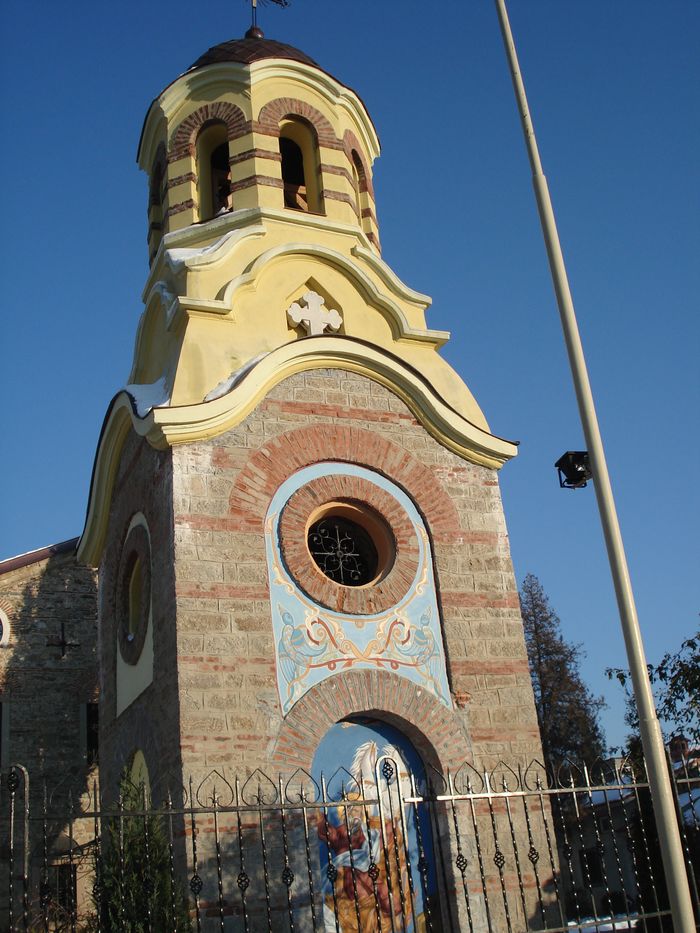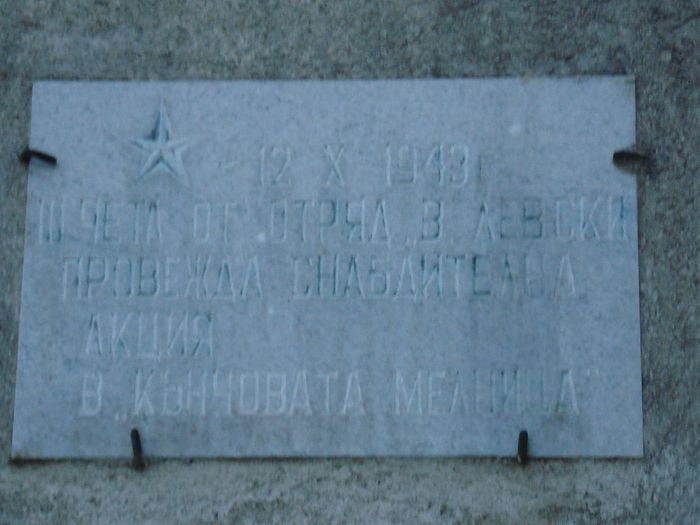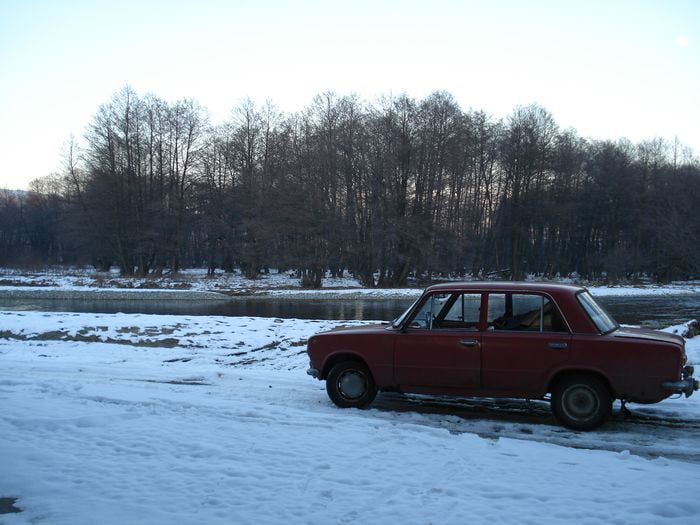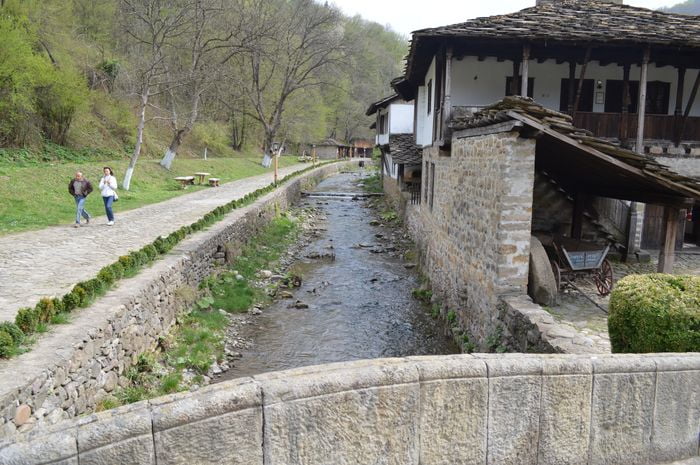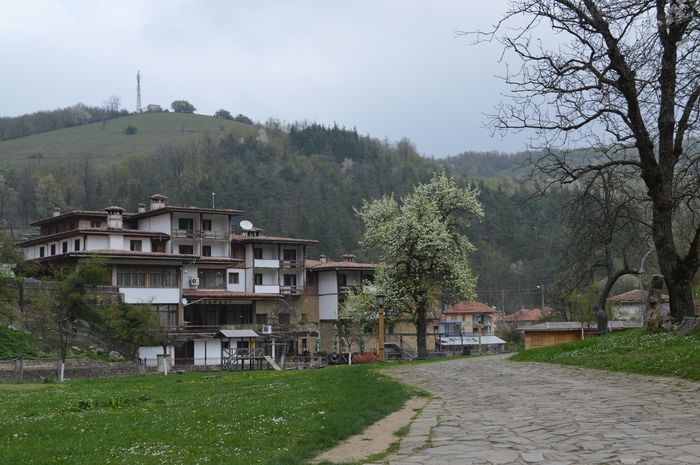History of Bulgaria – Chema Voda, Kapidava and Harsovo, Obluchitsa and Isakcha, as well as Vichina, Kilya and Likostomo at the beginning of the delta. Along the north Black Sea coast, the ports belonged to Dobrotitsa. On the south coast, the main ports were Nesebar, Anhialo (Pomorie), Skafida, Sozopol, Urdoviza (Kiten) and Agatopol.
Gradually the towns of Svishtov, Ruse, Varna, Nesebar, Anhialo, Sozopol and Vasiliko (present Tsarevo) became established shipbuilding centers with masters coming from the local Christian population. For example, in the 18th century about 80 100 ships were made annually in Nesebar.
Baltoglu was the name of the admiral who rose to the responsible position of commander of the Turkish fleet at the siege of Constantinople (1453). That same Baltoglu was the Islamized son of a Bulgarian nobleman (Boyar). He had great experience in sea command and great authority both on land and sea. It is not impossible that he was one of the heirs of Despot Dobrotitsa who ruled the Bulgarian maritime state in Dobrudzha and who was an experienced mariner. The conquerors used the Bulgarians as skilled seamen, strong oarsmen and practiced sailors.
History of Bulgaria – The Ottoman invasions of the second half of the 14th century and the beginning of the 15th century triggered a dramatic change in the historical destiny of the Bulgarian people. But the foreign domination did not change the European presence of Bulgaria between the Aegean and the Black Sea and between the Danube and the Vardar.
Internal disturbances
After the initial nightmare of the invasion, the network of settlements was gradually reconstructed. In the 17th century, it also started to grow denser in the plains. Despite the fact that the process was interrupted in the Early Revival Period by internal disturbances in the Ottoman Empire, in the 19th century and particularly after the Odrin Peace Treaty between Russia and Turkey (1829), the development of the plains continued steadily.
